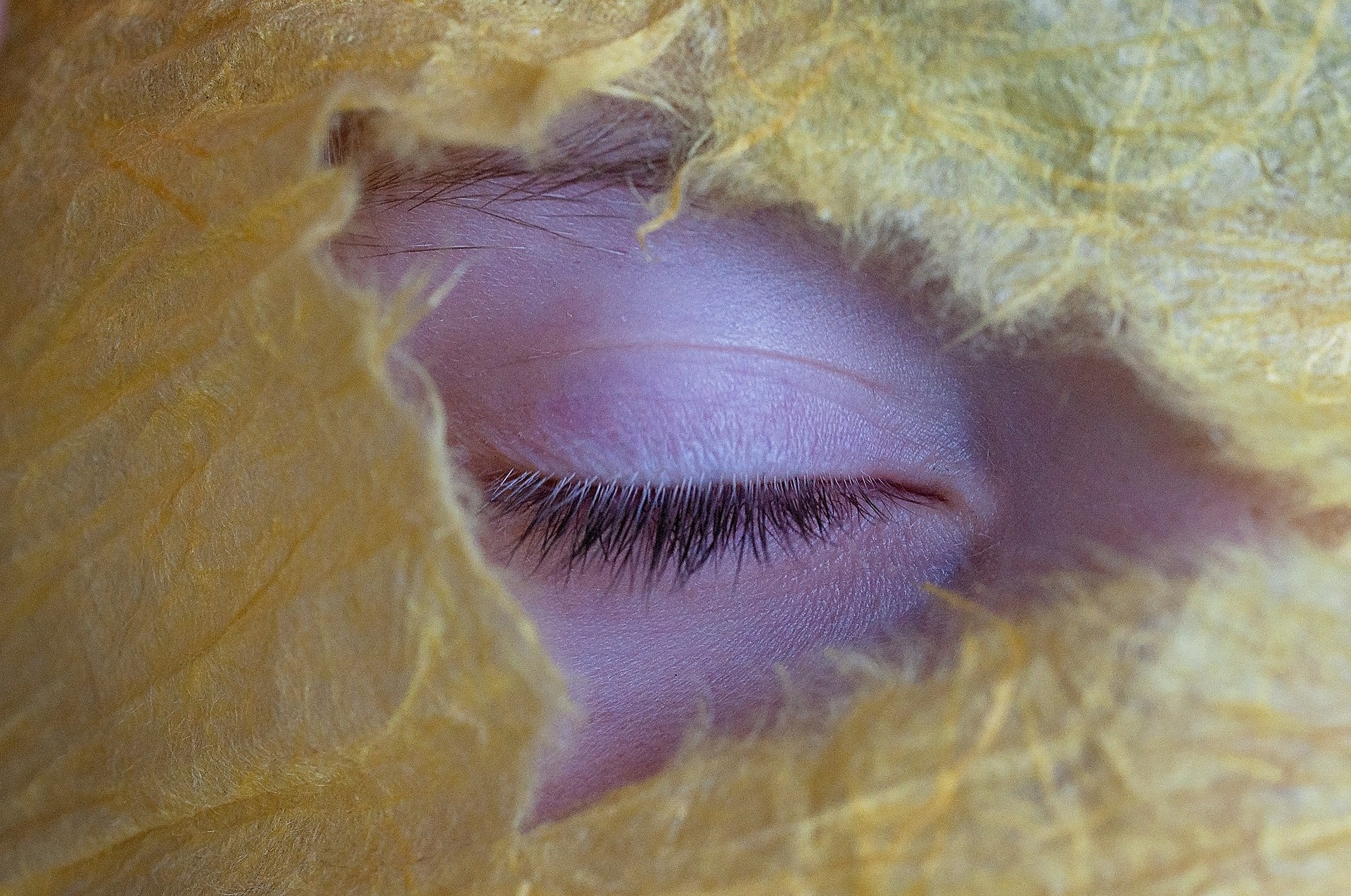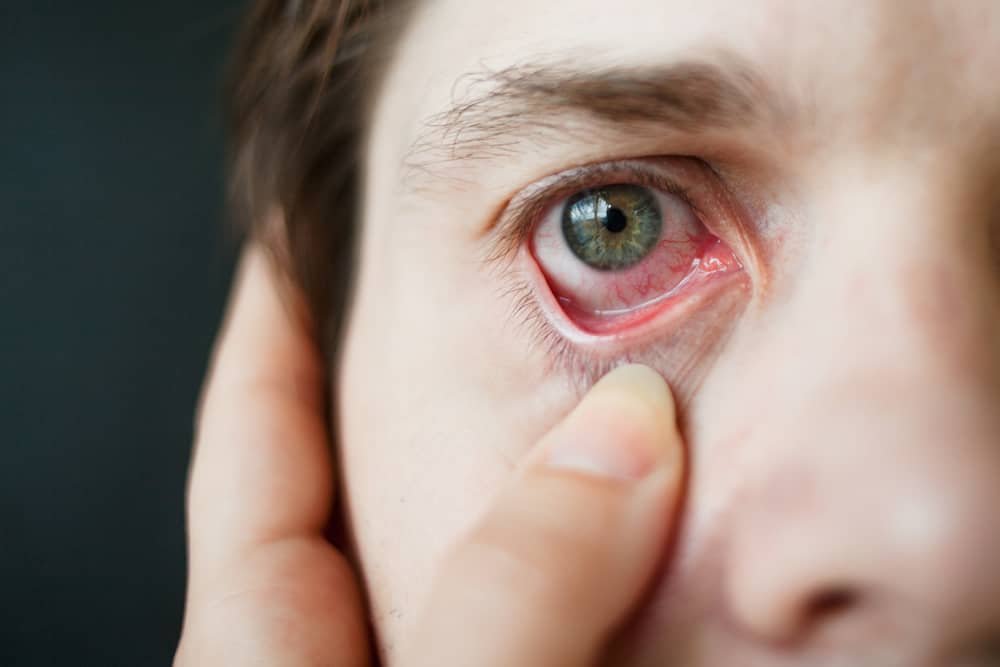Contents:
- Medical Video: Glaucoma (open-angle, closed-angle, and normal-tension) - pathology, diagnosis, treatment
- Ptosis, an abnormality in the eyelids that causes the eyes to close when death picks up
- Why can ptosis occur in people who die?
Medical Video: Glaucoma (open-angle, closed-angle, and normal-tension) - pathology, diagnosis, treatment
Not everyone dies with their eyes closed. Sometimes when people die, both in films and in the real world, the eyes of the deceased person can continue to open even though he has died. This causes the eyes to be forced by other people to close.
Sometimes there are even people who use coins to close the eyes of the dead to keep them closed. This is because dying with open eyes is often associated with anxiety or fear caused by past actions, so we often worry if there are relatives who die with their eyes open.
However, it is not uncommon for people who die with their eyes closed perfectly before they die. People who die with closed eyes are often considered to die peacefully and without regret.
The condition of the eye that closes we are familiar with the term ptosis. Actually what is meant by ptosis?
Ptosis, an abnormality in the eyelids that causes the eyes to close when death picks up
This phenomenon of closing the eyes is called ptosis. The definition of ptosis is generally the condition of the fall or closing of the upper eyelid.
This condition can occur in people who are still alive due to strokes, or certain diseases that involve innervation around the eyes. But this ptosis condition can also occur in people who die spontaneously.
The closing of the eyelid or ptosis can occur minimally (1-2 mm), moderate (3-4 mm), or heavily (> 4mm), or can even close completely. Ptosis can occur from birth or occur throughout life, to death. Ptosis can also occur on one side of the eye or both.
Why can ptosis occur in people who die?
Based on research at the hospital, it was found that 63% of people died with their eyes closed. This is associated with central nervous system involvement.
Closing the eyes is caused by contractions of the eye muscles and eyelids, which are complemented by various types of nerve fibers. Stimulation of nerve fibers can cause disruption in the process of opening or closing the eyes.
Various diseases that involve the innervation of the human center can cause these events, such as for example the spread of tumors to the brain, or hepatic encephalopathy, which is a condition in which accumulated blood ammonia levels affect the innervation.
So generally, the event of closing one's eyes at death is caused by a connection with the innervation system, and is a neurological picture of the disease. Either if someone dies with their eyes closed or even with their eyes open, this has nothing to do with sin, past events, or whether the person died "calmly" or not.












